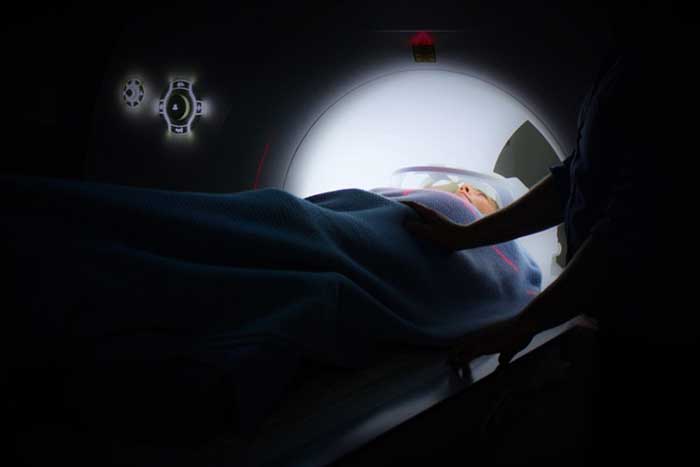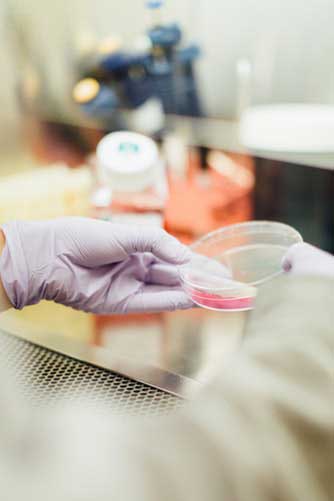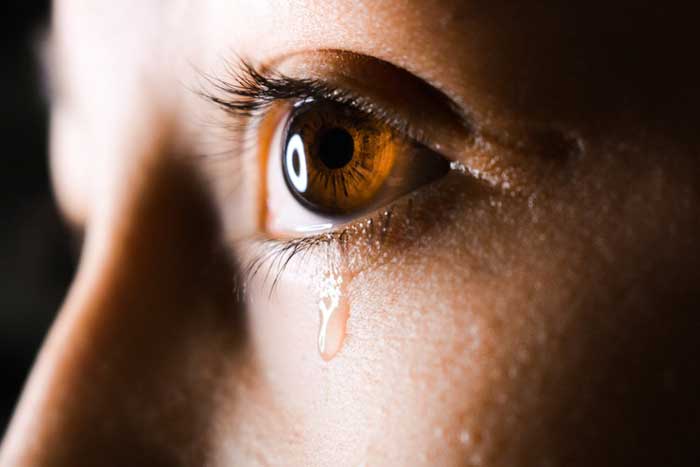 Scientists all over the world are looking for a miracle pill to save humanity from oncology. There are a lot of fears and speculations around cancer because what is unknown to us is the most frightening. We have compiled the TOP-5 myths and facts about oncology.
Scientists all over the world are looking for a miracle pill to save humanity from oncology. There are a lot of fears and speculations around cancer because what is unknown to us is the most frightening. We have compiled the TOP-5 myths and facts about oncology.
Why does the body suddenly start killing itself?
Why does a healthy cell start mutating? Modern medicine in most cases can not accurately predict where and when the process of mutation can begin, but there are so-called carcinogenicity factors – certain conditions under which cell failure is more likely. However, even the presence of all these factors does not guarantee the occurrence of cancer in a particular organism. So how to protect yourself? Is there a set of rules that you can follow to protect yourself? It is precisely because modern medicine still cannot give a definite answer to these questions that many theories, intimidations, and myths arise. Let us consider some of them.
Myth 1: You can get infected with cancer
Let’s start with the fact that cancer is not an infectious disease, it cannot be transmitted through food, airborne droplets, or living next to a sick person. The only thing that can be transmitted from person to person is a genetic predisposition to one or another type of cancer.
There are also viruses and bacteria that can increase the risk of cancer. These types of tumors are called virus-associated tumors. For example, the human papillomavirus (HPV) significantly increases the risk of cervical cancer, but there are more than 100 types of this virus, only 10 of which can lead to cancer.
In addition, Helicobacter pylori can provoke stomach cancer. This bacterium is very common among the adult population, but it causes cancer only in a small number of people. According to the latest study by Cancer Research UK, only one of 100 cases is associated with an increased risk of stomach cancer caused by Helicobacter pylori.
Hepatitis B and C viruses, which cause liver cirrhosis, are also dangerous because they can trigger the development of liver cancer.
Myth 2: Do not eat meat and sugar, and you will not fall ill
Indeed, the World Health Organization (WHO) in 2014 recommended assessing the carcinogenicity of red meat and meat products. This recommendation was made on the basis of epidemiological studies, which indicate that regular consumption of red meat or meat products may be associated with a slight increase in the risk of certain cancer types. Although the risks are small, some health organizations recommend limiting meat consumption.
Experts concluded that daily consumption of 50 grams of meat products increases the risk of developing colorectal cancer by 18%. However, because of the high nutritional value and uniqueness of this product, you should not give up on meat completely. Assess the risks comparing the dangers and benefits of eating red meat and meat products, then make personal dietary recommendations. For example, give up on meat products obtained through processing (pickling, drying, fermentation, smoking or other methods of canning) and aimed at enhancing the taste or increasing the shelf life.
The same is true for sugar. Information about the dangers of something must not be taken so literally. Although it has been established that cancer cells consume more glucose than conventional ones, there is no relevant research that excessive sugar consumption leads to the development of cancer. Rather, it reminds us of the general rules for proper nutrition.
Excessive consumption of sweet, salty, smoked and roasted foods leads to overweight, which is much more associated with an increased risk of developing malignant tumors than consuming definite products.
Myth 3: Cancer means one hundred percent death.
Currently, cancer is the cause of almost every sixth death in the world. Every year more than eight million people in the world die from it, while more than 14 million people fall ill, according to WHO. Of course, the end result for all people is the same. However, if we consider the development of medicine as a whole, humanity has advanced far enough in the field of treatment of oncological diseases.
Early diagnosis of the disease has significantly improved. Today, there are effective and affordable methods for screening and determining positive tumor markers based on blood analysis. The quality of care for the sick also grows, now people live for years even with those diseases that were previously considered incurable.
For example, twenty years ago, patients with pancreatic cancer died within two years, even after surgery and postoperative treatment. Now, with the help of a combined approach (radiation + chemotherapy) and advanced technology, they can expect about ten years of life. The greatest progress has been made in managing colon cancer; lymphoma occupies the second place (except Hodgkin’s lymphoma).
However, for nine types of cancer, the survival rate is still less than three years. For example, almost no progress has been made in the treatment of lung cancer, brain and pancreas cancer over the past decades.
Myth 4: Unconventional treatment can help
The most dangerous and truly harmful myth is that there is some alternative treatment, which is more effective than the traditional one. Starting from juice diets, special nutrition systems and elimination of toxins, and ending with vitamin C, soda or aloe juice treatment.
There is an opinion that oncologists deliberately hide a miracle cure for tumors, so as not to be left without a job. A person can take any dietary supplements, raw food or superfoods, but the main thing is that it should comply with the main treatment plan.
A positive attitude and a belief that good things are going to happen often help the patient to better cope with the difficulties of the disease, so if he or she feels better when drinking lots of juice, then why not. The trouble happens when the patient discards traditional treatment and switches to alternative methods completely. There are cases when patients with high chances of remission, stop successful treatment and go to the mountains to heal with the sound of bees buzzing and meditation. Such cases are almost always fatal, unfortunately.
Myth 5: Cancer is a punishment for misbehavior
Even from the point of view of major religions, a disease is not treated as a punishment, but, rather, as a test that should make a person stronger. However, unfortunately, dishonest people speculate on this myth, offering you to cleanse your karma, open the chakras, remove damage, in a word, waste the patient’s precious time.
This disease affects even children who could hardly have time to sin seriously, so this explanation is a stretcher. There is also no connection between stress and cancer. However, people suffering from neurosis and increased nervous irritability often develop addictive habits, such as smoking or overeating. This, in turn, leads to the risk of developing oncology. It is a vicious circle, the only way out of which is to take care of yourself, mind your lifestyle and nutrition and protect your nerve cells.










